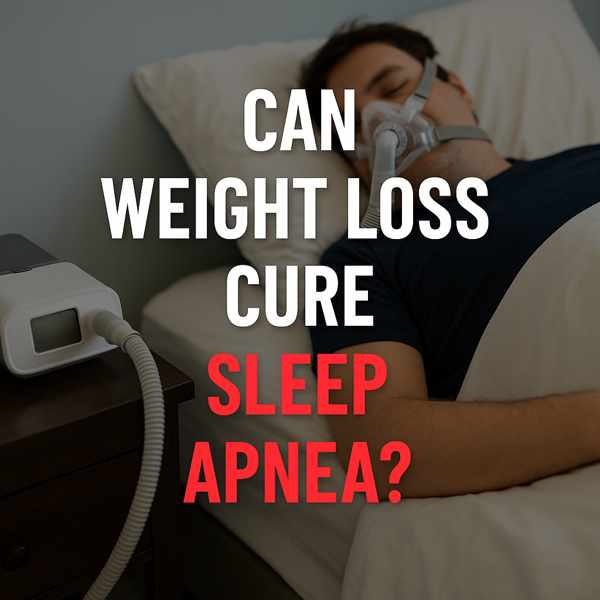Will Weight Loss Eliminate Sleep Apnea Symptoms?
Will Weight Loss Eliminate Sleep Apnea Symptoms?
Blog Article

Many people with sleep apnea experience snoring, daytime fatigue, and health complications.
While not always a complete cure, weight loss often reduces the severity of sleep apnea significantly.
Causes and Symptoms of Sleep Apnea
The most common form is obstructive sleep apnea (OSA), caused by excess tissue in the throat.
Common symptoms include:
- Often reported by sleep partners
- Choking or gasping during sleep
- Difficulty staying alert during the day
- Signs of disrupted oxygen flow
How Obesity Impacts Breathing
Fat deposits in the throat may narrow the airway, making it more likely to collapse.
Key risk factors include:
- High BMI (Body Mass Index)
- Fat around the neck and jawline
- Poor muscle tone in the throat
Does Losing Weight Help OSA?
In many cases, losing weight can dramatically reduce or eliminate sleep apnea symptoms.
Possible benefits of weight loss:
- Less airway obstruction
- Better oxygen flow
- More natural treatment options
- Feel more rested and alert
However, weight loss may not cure sleep apnea in all cases — especially if anatomical issues or severe OSA are present.
Realistic Expectations
Even modest weight loss can have a big impact.
Tips:
- Focus on progress, not perfection
- Sustainable changes make a difference
- Track your sleep changes
Lifestyle Changes That Help
Effective strategies:
- Limit sugar and processed carbs
- Exercise regularly (cardio + strength)
- Helps open up the airway naturally
- Avoid alcohol and sedatives
Working with a nutritionist or sleep specialist can provide more personalized support.
Other Treatments Besides Weight Loss
While weight loss is helpful, it may not fully resolve sleep apnea for everyone.
- CPAP therapy (Continuous Positive Airway Pressure)
- visit Oral appliances
- Surgery in severe cases
Conclusion
So, can weight loss cure sleep apnea? In many cases, it can greatly reduce the condition.
Still, sleep apnea is a medical condition that may require combined treatments. Report this page